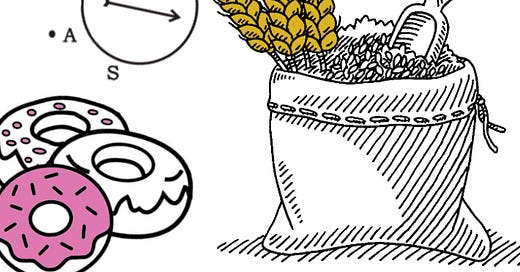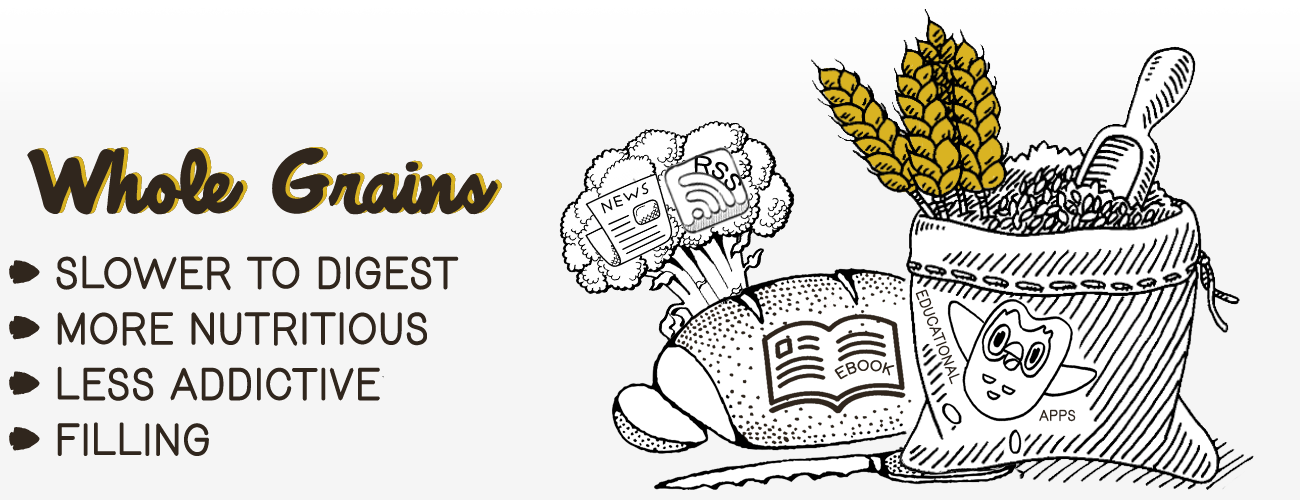There are two main categories of smartphone apps: tools and entertainment.
Tools are the apps that a smartphone is useful for in the real world. Some tools do have addictive elements (email junkies anyone?), but for an app to be considered a tool it must serve a purpose outside of the internet. A screwdriver, no matter how beautiful, doesn’t just exist purely to be looked at and consumed. Neither should a phone.
Everything else should be recognized as entertainment, but not all entertainment is created equal. And identifying where on the spectrum of entertainment an app lies is a key step on the path to rewiring your brain to visualize your smartphone as a tool.
“Junk Food” apps:
The candy of the smartphone world. The kind of apps that are extremely inviting to just snack on for a few minutes, but then before you know it- an hour (or more!) has passed. And not only do you never feel satisfied after using them, you somehow come out feeling even more depleted.
Examples:
Instagram
TikTok
Facebook
Snapchat
Twitter
Reddit
Most mobile games
Junk food apps are the most tempting to open, most addictive once opened, and the least nourishing types of apps. Everyone is different, but you probably already know exactly which app(s) are the junkiest for you.
“Whole Grain” apps:
Whole grain apps are still entertainment at their core, but a healthier kind. They are less tempting to open and easier to put down. If you’ve been consuming a majority “junk food” diet, transitioning to a healthier “whole grain” mental diet is an important first step towards re-visualizing you phone as a tool, and regaining a sense of control over your own attention.
Examples of whole grain apps:
A healthy, non-sensational news app
Pocket/Instapaper
E-Books (if you can read on a screen)
Audiobooks/Podcasts
Making Junk food less junky
Junk food apps are designed in a way that they can never be whole grains, but they can be curated to make them a little less junky:
Nobody will know if you’re scrolling pure junk food or whole grains (it’s still entertainment) but the less addictive nature of these apps makes it easier to put the phone down. It’s not end of the journey, but the whole point of the AIR method is to make “putting your phone down” feel natural.
And in those moments of weakness where you pull out your phone to ease temporary boredom, you can tell yourself “I may not be ‘fully present in this moment’- but at least I’m learning something!”
Like mobile games, podcasts also exist on a spectrum of “Hot garbage ↔ Academic Term Paper”, but for the purposes of this guide, we’re assuming that even the trashiest of them are going to be less addicting and time-wasting than something like TikTok.









I'm curious, are there any mobile games that aren't super addictive and terrible? Also, thank you for this article, you are a wonderful writer (:
Thanks for all the content you create! Very helpful.